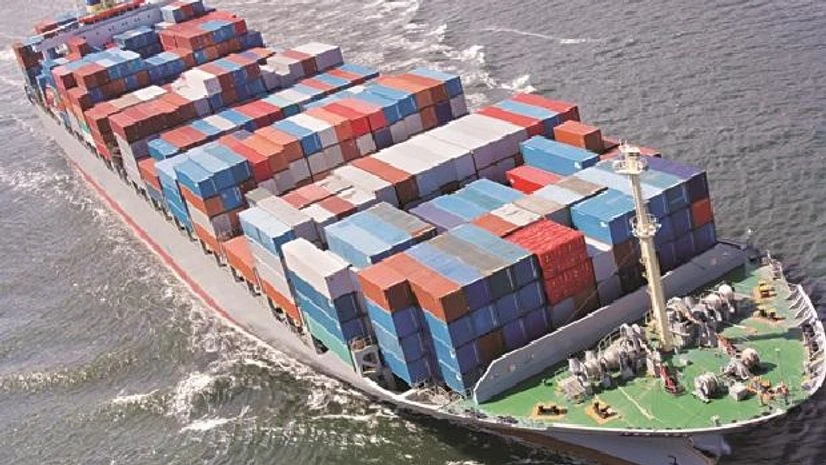Over the past three years, the Indian government has exercised more caution in imposing duties, even after Directorate General of Trade Remedies or DGTR (earlier known as Directorate General of Anti-dumping and Allied Duties) investigations confirmed instances of "dumping" into the Indian market according to a report by the Times of India.
Dumping refers to selling goods in a foreign market at a price lower than their origin, potentially harming the domestic industry. From 1991 to August 2020, the quasi-judicial body DGTR recommended anti-dumping duty imposition in 1,039 cases, with acceptance in all but seven instances, resulting in a mere 0.7 per cent rejection rate, as highlighted by the Centre for Digital Economy Policy Research data.
Also Read: DGTR for continuation of anti-dumping duty on China steel wheels for 5 yrs
However, following the onset of the Covid-19 pandemic and the launch of the Atmanirbhar Bharat (self-reliant India) campaign by the government, a noticeable shift has occurred, with the finance ministry increasingly rejecting a portion of DGTR's recommendations. Since August 2020, the "success rate" of DGTR's recommendations has dropped to 43 per cent, with only 61 out of 141 suggestions being accepted, according to data sourced by TOI.
Goods originating from China continue to face the most substantial anti-dumping actions, with about 43 out of 80 rejected cases originating from China. This includes carbon black, caustic soda, flat rolled stainless steel products, viscose spun yarn, and polyester yarn.
Even within these rejected cases for about 29 per cent of the products, China was the sole country responsible for dumping goods into India. The 23 rejected products included tires, amoxicillin, melamine, and nylon tire cord fabric.
The official argument appears to be that imposing a dumping duty primarily targeting intermediaries and raw materials can raise the cost of finished products. The finance ministry and Niti Aayog do not uniformly support such measures. However, industry experts counter that, in numerous cases, persistent dumping could ultimately extinguish domestic players from the market.

)
